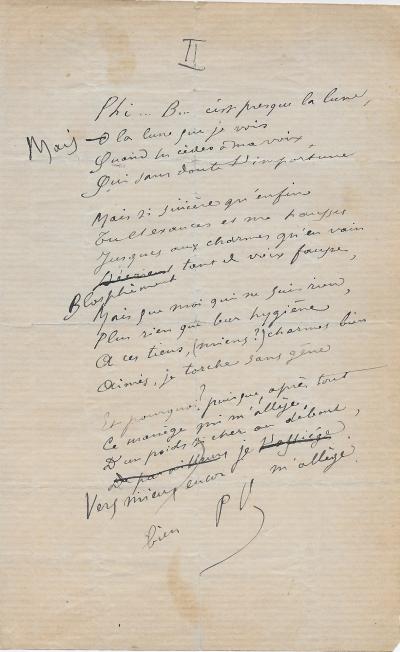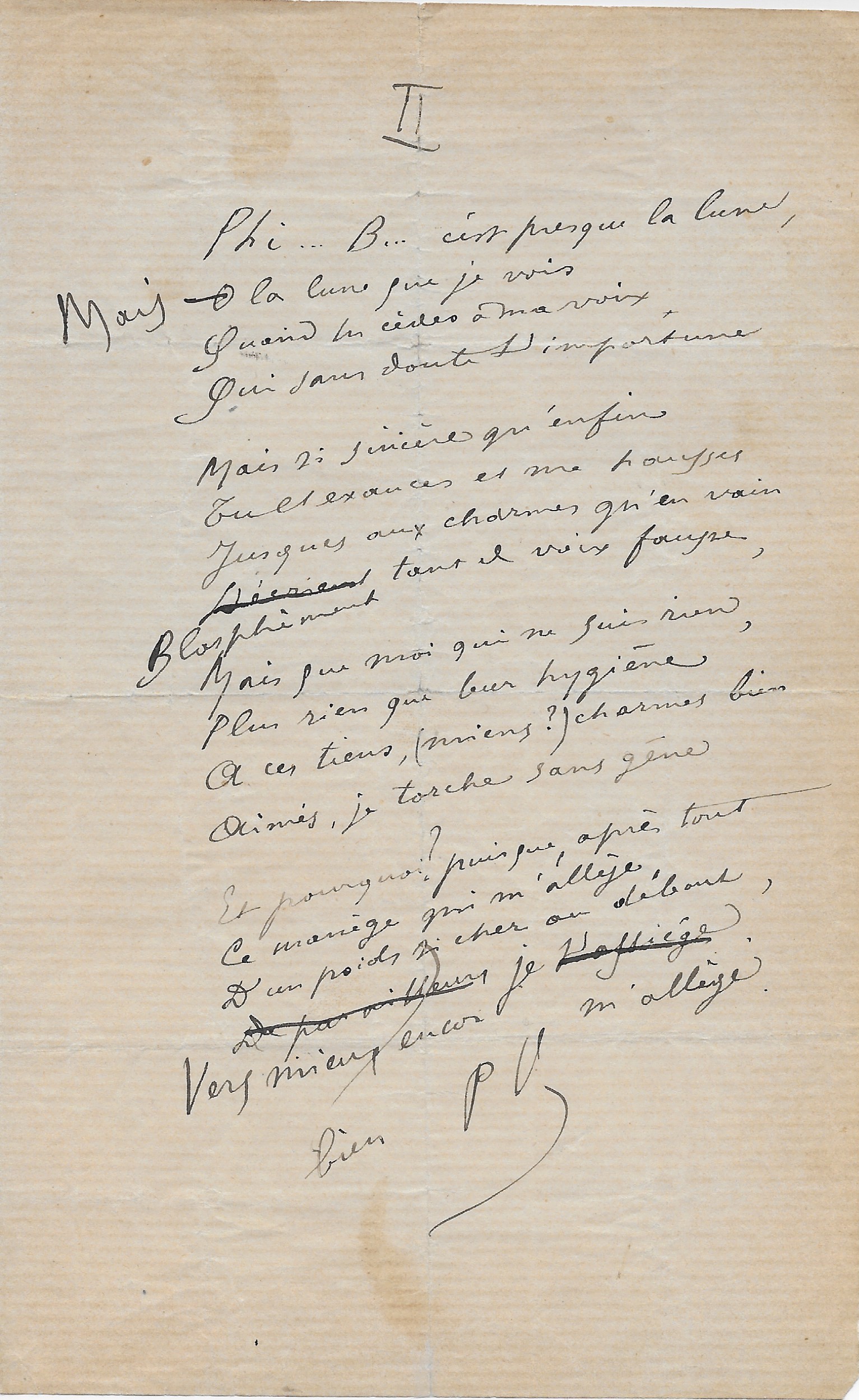Retour
Browse catalogue
-
-
- Alexander Calder(11)
- André Derain(85)
- Andy Warhol(27)
- Antoni Tapiès(11)
- Arman(10)
- Auguste Chabaud(1)
- Bengt Lindström(18)
- Bernard Buffet(111)
- César(7)
- Charles Eames(1)
- Charlotte Perriand(17)
- Claude Weisbuch(25)
- Corneille van Beverloo(12)
- Eduardo Chillida(14)
- François Morellet(5)
- Georges Braque(65)
- Gustav Klimt(10)
- Hans Bellmer(45)
- Hans Hartung lithograph(14)
- Henri Matisse(148)
- Hervé Télémaque(5)
- Jacques Villeglé(5)
- Jean Cocteau(198)
- Jean Hélion(11)
- Jean Miotte(6)
- Jean Picart Le Doux(6)
- Joan Miro(112)
- Karel Appel(2)
- Keith Haring(20)
- Ladislas Kijno(3)
- Léonard Tsugouharu Foujita(39)
- Leonor Fini(63)
- Louis Toffoli(10)
- Marc Chagall(226)
- Marie Laurencin(20)
- Maurice de Vlaminck(35)
- Maurice Utrillo(17)
- Max Ernst(35)
- Mimmo Rotella(4)
- Niki de Saint Phalle(1)
- Pablo Picasso(334)
- Peter Klasen(8)
- Philippe Pasqua(3)
- Pierre Alechinsky(14)
- Pierre Soulages lithographs(45)
- Pierre Tal-Coat(5)
- Pierre-Yves Trémois(34)
- Raoul Dufy(43)
- Robert Combas(9)
- Salvador Dali(329)
- Théo Tobiasse(4)
- Tony Soulié(10)
- Valério Adami(20)
- Yves Brayer(21)
- Zao Wou-Ki(8)
Top artists -
Retour
Browse catalogue
-
-
- Alexander Calder(11)
- André Derain(85)
- Andy Warhol(27)
- Antoni Tapiès(11)
- Arman(10)
- Auguste Chabaud(1)
- Bengt Lindström(18)
- Bernard Buffet(111)
- César(7)
- Charles Eames(1)
- Charlotte Perriand(17)
- Claude Weisbuch(25)
- Corneille van Beverloo(12)
- Eduardo Chillida(14)
- François Morellet(5)
- Georges Braque(65)
- Gustav Klimt(10)
- Hans Bellmer(45)
- Hans Hartung lithograph(14)
- Henri Matisse(148)
- Hervé Télémaque(5)
- Jacques Villeglé(5)
- Jean Cocteau(198)
- Jean Hélion(11)
- Jean Miotte(6)
- Jean Picart Le Doux(6)
- Joan Miro(112)
- Karel Appel(2)
- Keith Haring(20)
- Ladislas Kijno(3)
- Léonard Tsugouharu Foujita(39)
- Leonor Fini(63)
- Louis Toffoli(10)
- Marc Chagall(226)
- Marie Laurencin(20)
- Maurice de Vlaminck(35)
- Maurice Utrillo(17)
- Max Ernst(35)
- Mimmo Rotella(4)
- Niki de Saint Phalle(1)
- Pablo Picasso(334)
- Peter Klasen(8)
- Philippe Pasqua(3)
- Pierre Alechinsky(14)
- Pierre Soulages lithographs(45)
- Pierre Tal-Coat(5)
- Pierre-Yves Trémois(34)
- Raoul Dufy(43)
- Robert Combas(9)
- Salvador Dali(329)
- Théo Tobiasse(4)
- Tony Soulié(10)
- Valério Adami(20)
- Yves Brayer(21)
- Zao Wou-Ki(8)
Top artists -
Create My Account
Paul VERLAINE - Signed autograph poem
Paul VERLAINE (1844 - 1896), French poet
Signed autograph poem. (The Book of Esther); 1 page in-8°.
One of Verlaine's last posthumously published poems which was originally intended to be the subject of a book, as indicated in the title.
Signed autograph poem. (The Book of Esther); 1 page in-8°.
One of Verlaine's last posthumously published poems which was originally intended to be the subject of a book, as indicated in the title.
Esther was the name given to his last companion, Philomène Boudin, a prostitute nicknamed "Esther", whom he met in 1890 on boulevard Saint-Michel. This relationship inspired many poems published in
several collections. He entrusts him with minor services, in particular his commissions with the publisher Vanier to ask him for money. He has a fluctuating relationship with Philomène, alternating
between her and her partner at the time Eugénie Krantz.
This poem of four quatrains, working manuscript, with many erasures and corrections, is the second part of the diptych "The Book of Esther", published in 1903 in the Posthumous Works appended to Dedications.
"Phi..B…it's almost the moon,
But the moon that I see
When you give in to my voice,
Who probably bothers you
But so sincere that finally
You hear it and lift me up
Until the charms that in vain
Blasphemy [crossed out word] so much and false voice,
But that I who am nothing,
Nothing more than their hygiene
To these yours, (mine?) charms well
Beloved, I torch without gene
And why ? Because after all
This merry-go-round that lightens me up,
Of a weight so dear at the start,
[line crossed out]
Towards even better, I lighten up
good pv »
This poem of four quatrains, working manuscript, with many erasures and corrections, is the second part of the diptych "The Book of Esther", published in 1903 in the Posthumous Works appended to Dedications.
"Phi..B…it's almost the moon,
But the moon that I see
When you give in to my voice,
Who probably bothers you
But so sincere that finally
You hear it and lift me up
Until the charms that in vain
Blasphemy [crossed out word] so much and false voice,
But that I who am nothing,
Nothing more than their hygiene
To these yours, (mine?) charms well
Beloved, I torch without gene
And why ? Because after all
This merry-go-round that lightens me up,
Of a weight so dear at the start,
[line crossed out]
Towards even better, I lighten up
good pv »
This description has been translated automatically. please click here Click here to display the original language FR
Paul VERLAINE (1844 - 1896), poète français
Poème autographe signé. (Le livre d'Esther) ; 1 page in-8°.
Un des derniers poèmes de Verlaine publié à titre posthume qui devait initialement faire l'objet d'un livre, comme indiqué dans le titre.
Poème autographe signé. (Le livre d'Esther) ; 1 page in-8°.
Un des derniers poèmes de Verlaine publié à titre posthume qui devait initialement faire l'objet d'un livre, comme indiqué dans le titre.
Esther était le nom donné à sa dernière compagne, Philomène Boudin, prostituée surnommée « Esther », qu'il rencontre en 1890 boulevard Saint-Michel. Cette relation lui inspire de nombreux poèmes
publiés dans plusieurs recueils. Il lui confie de menus services, notamment ses commissions auprès de l'éditeur Vanier pour lui réclamer de l'argent. Il mène avec Philomène une relation fluctuante
alternant entre elle et sa compagne d'alors Eugénie Krantz.
Ce poème de quatre quatrains, manuscrit de travail, comportant de nombreuses ratures et corrections, est la seconde partie du diptyque « Le livre d'Esther », paru en 1903 dans les Œuvres posthumes en appendice de Dédicaces.
« Phi..B…c'est presque la lune,
Mais la lune que je vois
Quand tu cèdes à ma voix,
Qui sans doute t'importune
Mais si sincère qu'enfin
Tu l'exauces et me hausses
Jusques aux charmes qu'en vain
Blasphèment [mot biffé] tant et voix fausse,
Mais que moi qui ne suis rien,
Plus rien que leur hygiène
A ces tiens, (miens ?) charmes bien
Aimés, je torche sans gène
Et pourquoi ? Puisque, après tout
Ce manège qui m'allège,
D'un poids si cher au débout,
[Ligne biffée]
Vers mieux encor je m'allège
bien PV »
Ce poème de quatre quatrains, manuscrit de travail, comportant de nombreuses ratures et corrections, est la seconde partie du diptyque « Le livre d'Esther », paru en 1903 dans les Œuvres posthumes en appendice de Dédicaces.
« Phi..B…c'est presque la lune,
Mais la lune que je vois
Quand tu cèdes à ma voix,
Qui sans doute t'importune
Mais si sincère qu'enfin
Tu l'exauces et me hausses
Jusques aux charmes qu'en vain
Blasphèment [mot biffé] tant et voix fausse,
Mais que moi qui ne suis rien,
Plus rien que leur hygiène
A ces tiens, (miens ?) charmes bien
Aimés, je torche sans gène
Et pourquoi ? Puisque, après tout
Ce manège qui m'allège,
D'un poids si cher au débout,
[Ligne biffée]
Vers mieux encor je m'allège
bien PV »
-
Create an alert
Create an alert
Please subscribe to our free alert service to be notified when a similar item is available on the website.
Sold
This item is not available. Please click on « View the catalog » to see similar items available.
Hotline
Please contact us for any question regarding this object. For any other inquiry, we invite you to fill the contact form.
Other items from the category « Poemes »
Ask a question



